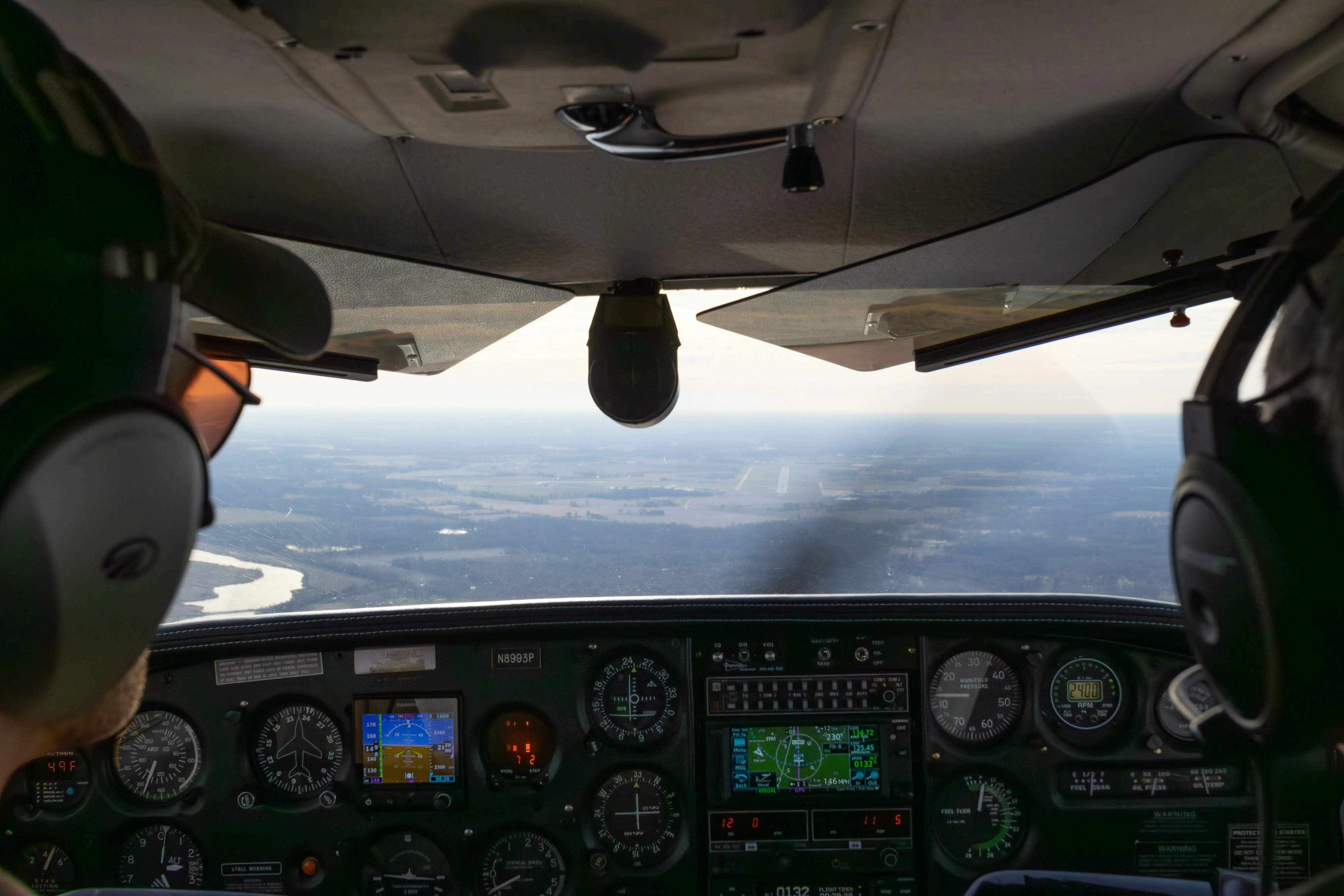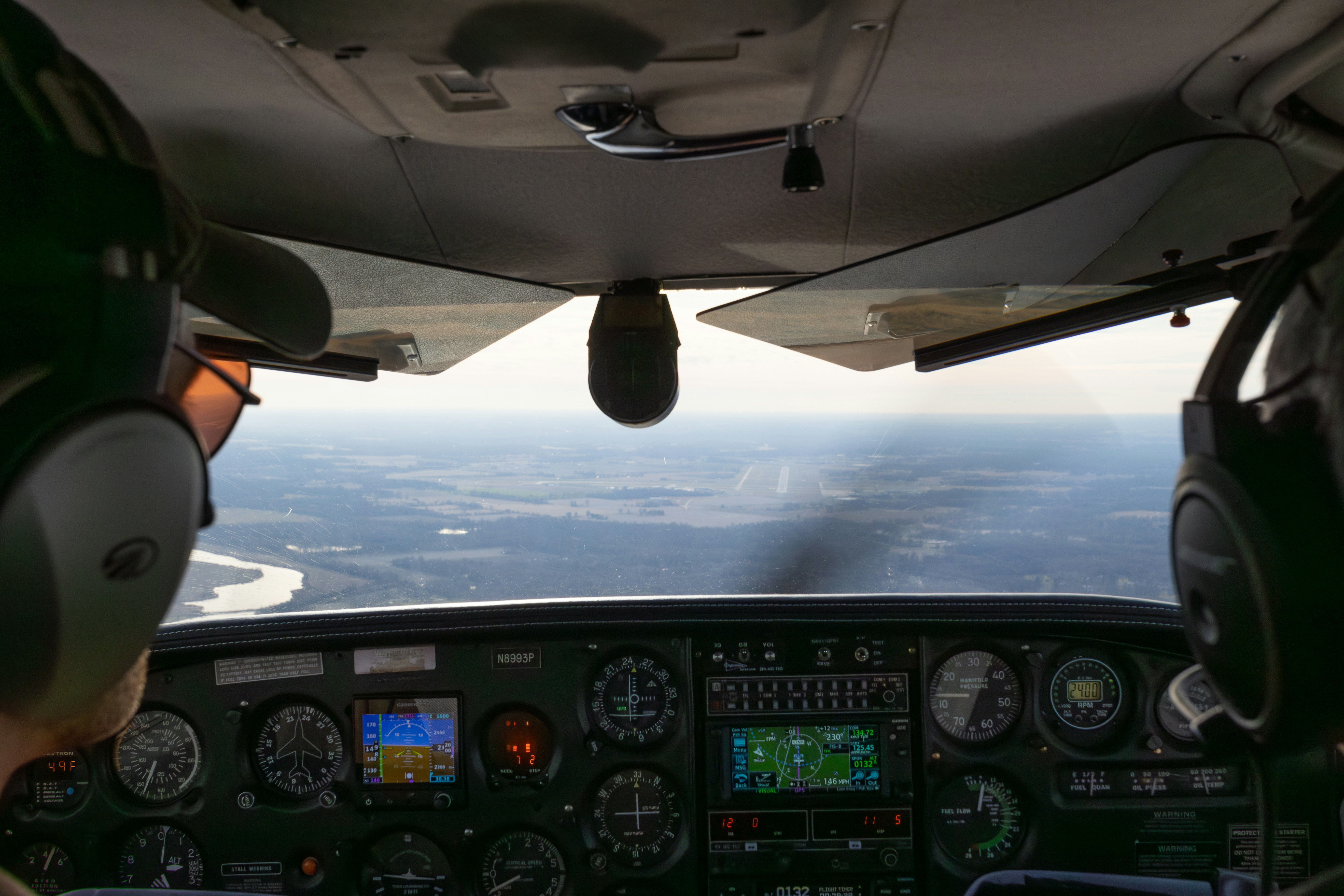A great pilot isn’t born from talent alone, but from deliberate practice and precise feedback.
Why personalization matters
One-size-fits-all syllabi can leave gaps. When your instructor adapts pace, sequence, and scenarios to your current performance, each lesson compounds, faster.
- Target weak areas early (e.g., crosswind landings).
- Sequence skills logically (e.g., trim discipline → slow flight → short/soft field).
- Use scenario-based training to bind skills under realistic workload.
The three levers that speed you up
1. Shorter feedback loops
Immediate, specific debriefs (with notes and quick re-flys) prevent bad habits. Try a 10-minute hot-wash right after each flight.
2. Context-rich ground lessons
Brief what you’ll fly today and tie it to the ACS. Students learn why before what.
3. Reps that look like the checkride
Practice the full profile: diversion, unusual attitude recovery, emergency approach, and an ACS-grade landing series.
What to track each week
- Lesson objective and ACS refs
- Maneuver tolerances (numbers!)
- Common errors + corrective cues
- Next lesson preview
Ready to take off?
Personalized training keeps you focused, confident, and checkride-ready sooner. Ask your CFI to codify a weekly plan and measure your deltas.

